Timeless craft for a gentleman
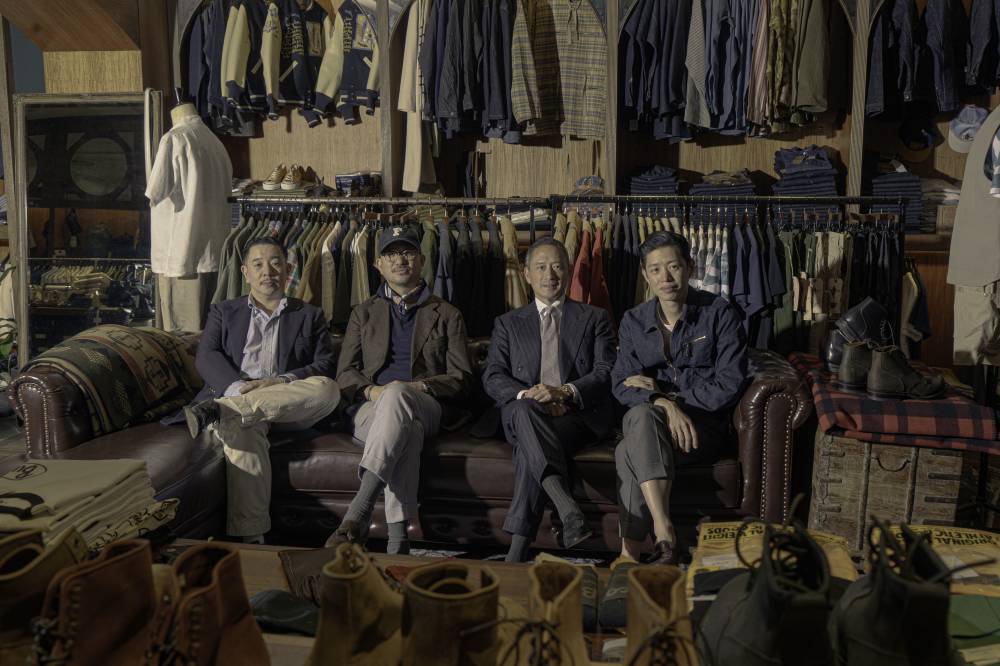
There’s a particular kind of man who knows the quiet satisfaction of a well-made jacket, the kind that drapes just so, its seams tracing the architecture of movement. He doesn’t chase trends or logos; he looks for balance, proportion, and purpose. Dressing well, as Tom Ford once said, is a form of good manners, a reflection not only of taste but of consideration for others.
It’s this philosophy that anchors Signet, a Manila-based haberdashery founded in 2015. At first glance, it’s a space devoted to fine tailoring and handmade shoes—but stay a moment, and you’ll discover something more enduring.
Here, the modern gentleman understands why elegance lasts: It’s not about formality, but intent. He values how things are made—a hand-padded lapel, a single-needle stitched shirt, a pair of hand-sewn Paraboot shoes that outlive trends—and knows that true style, like good manners, is something to be passed on. It’s this quiet mix that makes both the people behind the store and its clientele so effortlessly distinct.
It started as a venture with friends who admired well-made goods and thoughtful design. They wanted to create a space where products are made with integrity and soul. What began as a passion project has since grown into a quiet movement, attracting a discerning clientele who value not just luxury but the stories and hands behind each timeless piece.
At Signet, tailoring feels modern and unforced. Think soft Neapolitan jackets from Sartoria Dalcuore and Orazio, shirts by Sartoria Avino, also based in Naples, whose work excels in fit, balance, and quiet elegance. Or denim jackets that soften through time by The Real McCoy’s, and the iconic Baracuta G9 Harrington Jacket worn by Steve McQueen. These are all makers who value craft over commerce. Each piece embodies what the Japanese call “shibui” or quiet refinement.
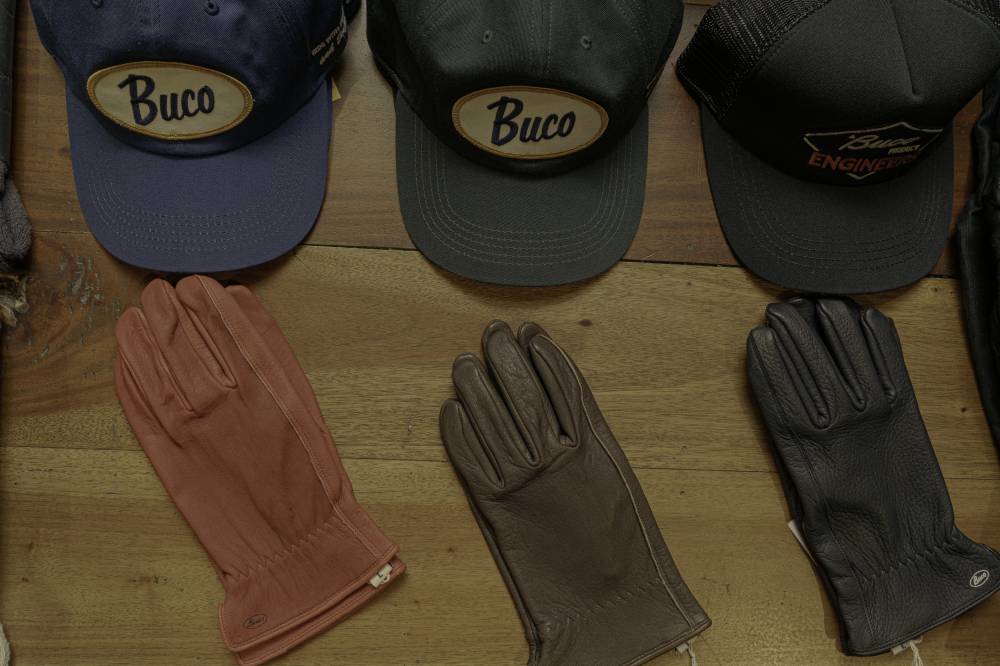
The first timer
For a bespoke suit first-timer, they recommend something versatile, perhaps a mid-weight navy or charcoal wool, ideal for both business and social settings. From there, they would guide him through cloth options from mills like Fox Brothers or Drapers, paired with a soft-structured cut from tailoring partners: Assisi Bespoke House from South Korea.
For shirts, they often recommend Sartoria Avino. A Florentine Tie Your Tie necktie adds personality without being loud, while Bresciani socks complete the ensemble with subtle refinement.
The goal is to create something timeless yet personal. An introduction to the world of tailoring that feels natural, effortless, and distinctly his own. To look composed without appearing effortful.
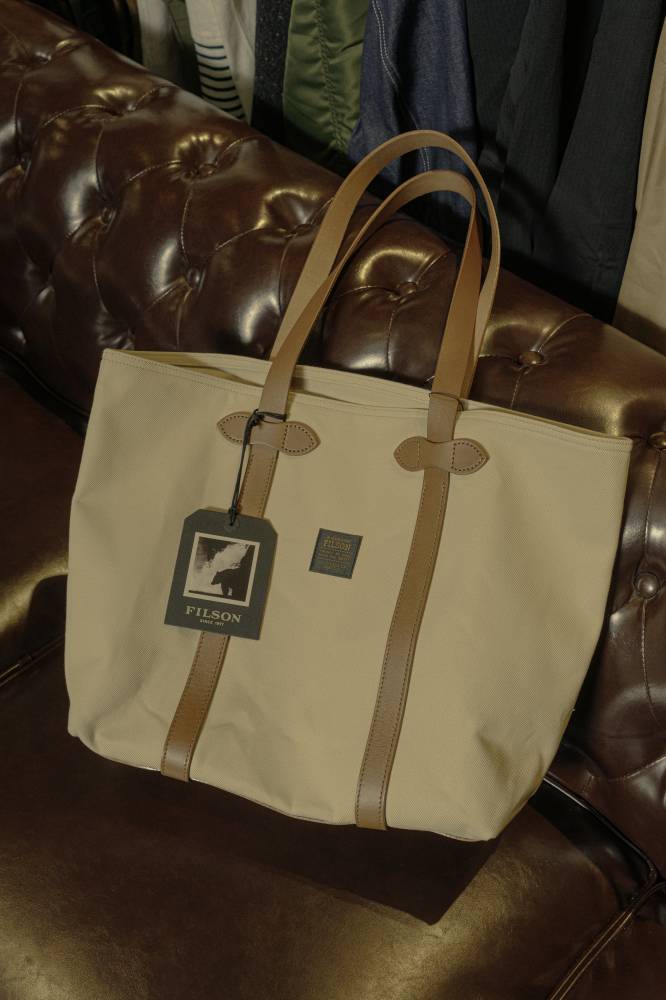
The luxury of time
In a world that celebrates speed, craftsmanship invites us to slow down. A handmade suit or pair of shoes is not merely bought. It’s commissioned, built around your habits, posture, and rhythm. It asks for patience but rewards it with permanence.
“In the age of fast everything,” says Signet, “the handmade reminds us that time still matters—that beauty lives in process.”
Even the store itself mirrors that ethos. The scent of Santa Maria Novella’s Potpourri—warm and woody—lingers in the air. The space feels relaxed yet intentional—a modern edit of ready-to-wear built on craft, story, and purpose. Stepping inside feels like entering a gentleman’s dressing room from another era. It’s refined, intimate, and quietly personal, as if only a valet were missing. It’s less a store than a space for the considered life—and soon, a café.
What struck me most about my visit to Signet was the presence of the four founders who didn’t just talk about their philosophy—they lived it. Each was a quiet portrait of considered style: Jason in a tailored denim jacket and loafers; Kelly effortlessly elegant in a pinstriped suit; Tom blending structure and ease with a brown jacket, twilly scarf, suede tasseled loafers, and a cap; and Edie with his preppy blue oxford, khakis, and sports coat.
Even the production crew was impressed—their style spoke not of excess, but of ease, intention, and quiet confidence.
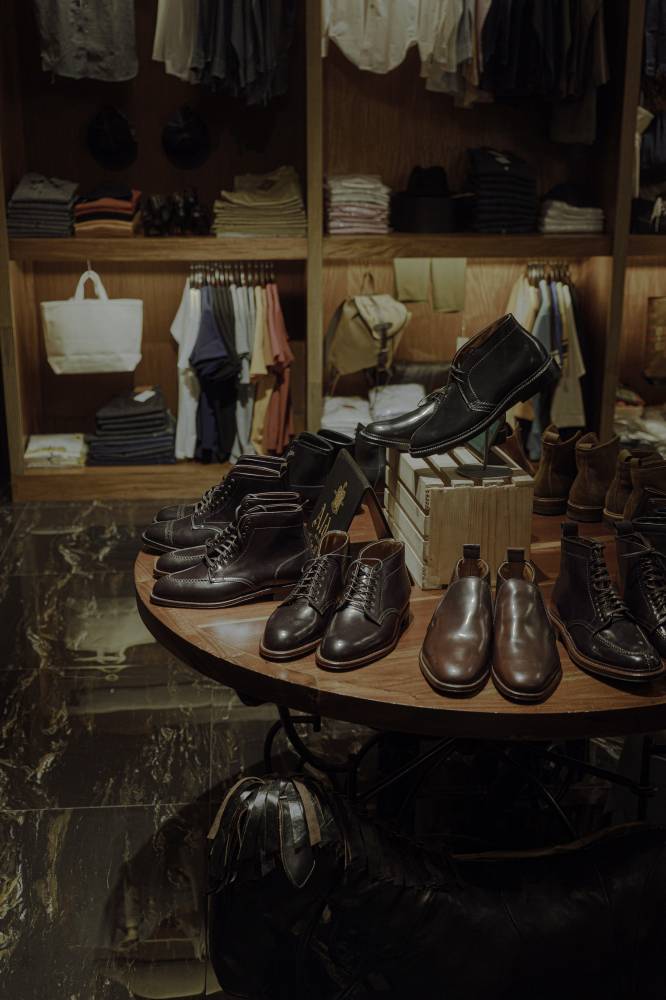
A Manila state of mind
Being a gentleman in Manila comes with its own temperament—equal parts polish and warmth. There’s a distinct friendliness, a generosity of spirit, that shapes our version of refinement. “Ours is a gentility rooted in hospitality rather than formality,” they say. “It’s about making others feel at ease.”
In that sense, style becomes a social grace—a way of showing respect. A jacket worn in the heat of Manila might seem indulgent, but in the right fabric—a breathable fresco or high-twist wool—it’s a gesture of preparedness, of honoring both the occasion and one’s company.
The Filipino gentleman, then, is evolving: cultured yet curious, well-traveled yet grounded. He might pair a Neapolitan blazer with selvedge denim, or wear handmade loafers with linen trousers on weekends. What unites him is an appreciation for how things are made and why they endure.
You never forget your first—and I still remember mine: my first pair of bespoke shoes. I was in Grade 5 or 6 when I asked my dad if I could have oxfords made for school. There was a shoemaker then at Angela Arcade in Makati. I paired them with my favorite St. Michael socks (now known as Marks & Spencer), and felt unique and special, knowing those shoes were made only for me, and that I was the only one who had them. The smell of leather, the design, the anticipation of the fitting, the quiet pride of knowing no one else had a pair like mine—even then, I understood the joy of having something made just for you.
That same care for craft lives on at Signet, where even alteration and shoe-polishing services reflect quiet respect, care, and a mindful approach to sustainability.
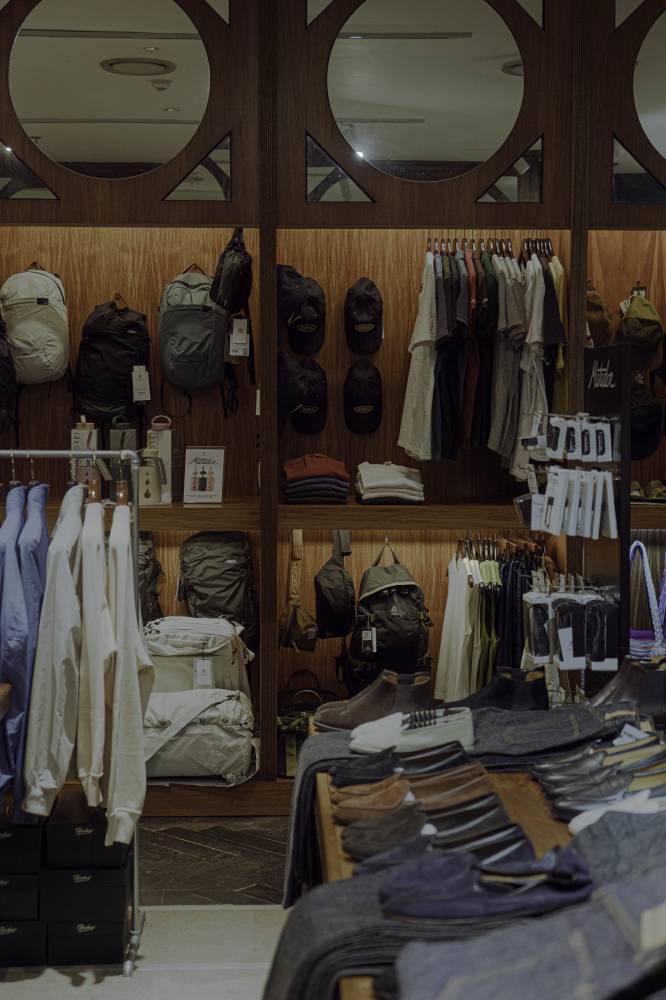
Homegrown craft, global soul
What makes Signet exceptional isn’t just the curation of global names. It’s how this homegrown Filipino brand brings them together with a sense of quiet mastery. There is a deep understanding of balance: European, Japanese, and Korean craftsmanship interpreted through a distinctly Filipino lens—warm, personal, and sincere.
Hospitality, after all, is in our DNA. It’s the same instinct that makes us pour another glass for a friend, or insist on sharing a meal. That grace—unspoken, effortless—finds its parallel in the kind of refinement Signet champions: understated, intentional, and deeply human.
While Signet built its reputation on bespoke and made-to-measure tailoring, it has quietly evolved. Today, it also carries a considered selection of ready-to-wear labels that speak to a new generation—brands that balance tradition with modern design. From Japanese denim and Neapolitan tailoring to casual knits and outerwear, these pieces make timeless style feel lived-in, not museum-like.
Each brand is chosen with intent. “We look for integrity of process and authenticity of story,” says Jason Qua, one of the partners at Signet. “Every maker must have a reason to exist—whether it’s a family-run workshop preserving a craft or a modern label reinterpreting tradition.”
Good taste, after all, is less about labels and more about restraint—knowing when to stop, valuing quality over novelty, and favoring what feels honest and enduring. And for the modern Filipino gentleman, craft is more than a pursuit of elegance—it’s a reflection of values. To live with taste, after all, is to live with care.
Honoring my husband, Marc Licaros, and all the gentlemen in the world—those who lead with quiet strength, kindness, and intention. Advance Happy International Men’s Day.
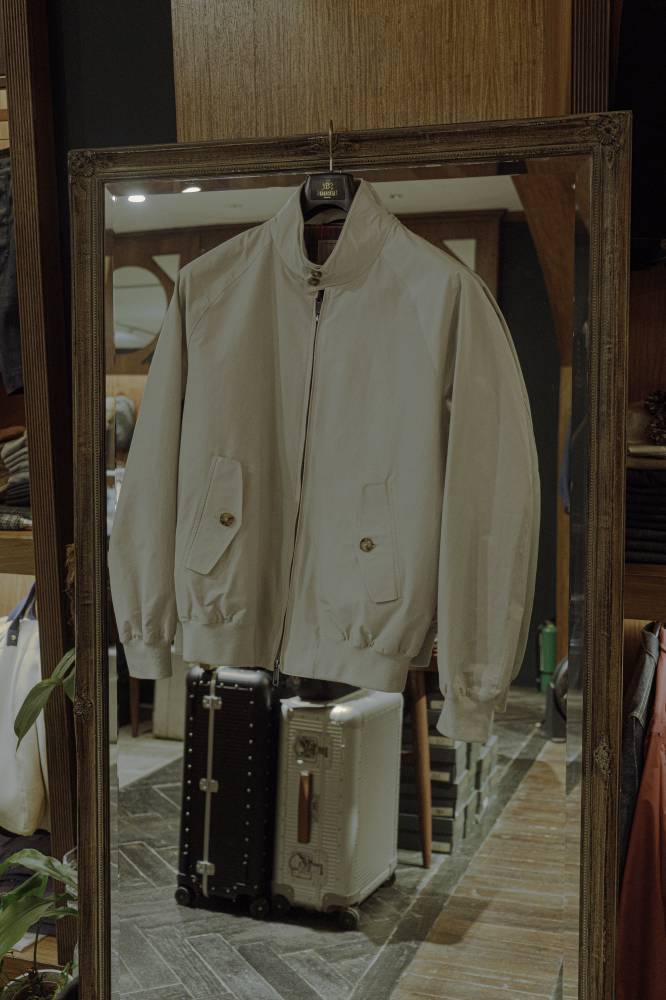
The gentleman’s edit at Signet
• Book: “Ametora: How Japan Saved American Style” by W. David Marx from Fully Booked
• Music: What is personal to you
• Sustainable gear: Matador
• Caps: Danton
• Jackets: Barbour x Baracuta
• Rubber sole shoes: Paraboot
• Shoe horn: Abbey Horn
• Shoe care: Boot Black
• Sneakers: Flower Mountain
• Tote: Danton, The Real McCoy’s
• Restaurants: Smith & Wollensky for steaks, Manam for local flavor, and soon, Signet Café at Opus Mall
• Drinks: Coffee (single-origin beans prepared through pour-over), Burgundy wine, and champagne from a small grower like Jacques Selosse

















